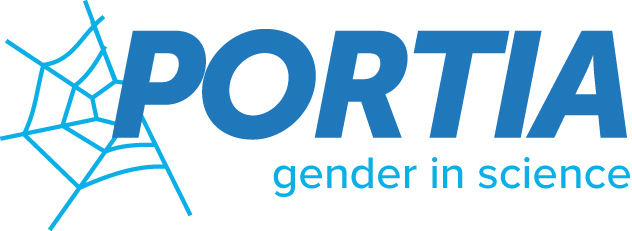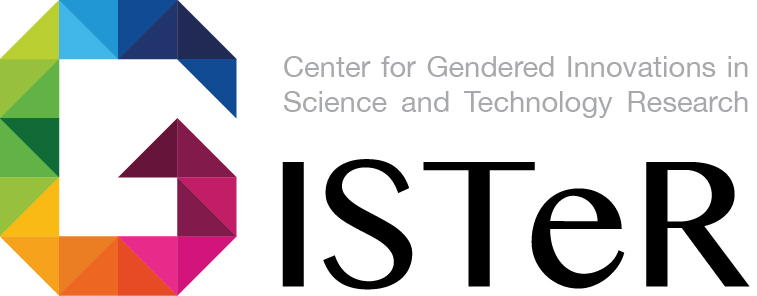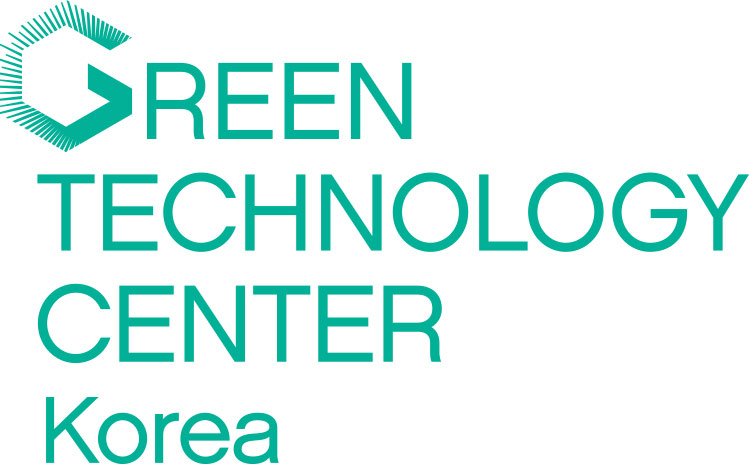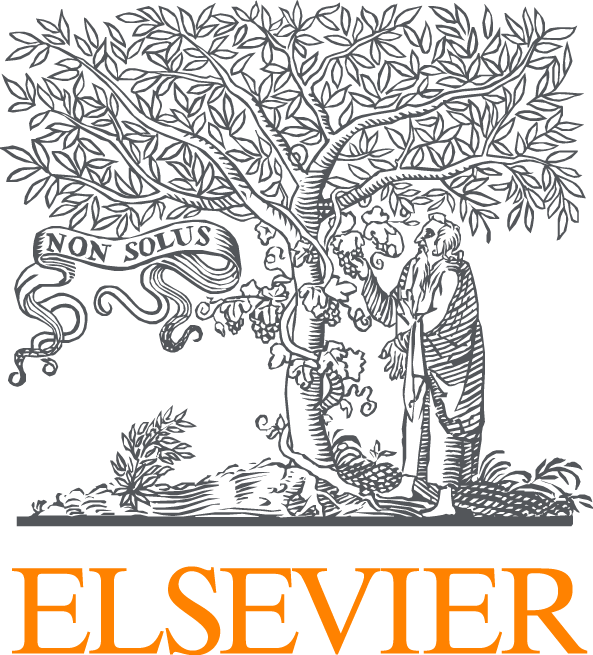GS19 Organisers

Portia is a not-for-profit organisation founded in London and established in 2001 by a group of women scientists at Imperial College London to advance understanding of gender issues in science, in participation, in organisational practices, and in science knowledge. In 2018 we established a wholly owned independent subsidiary in Germany, Portia gGmbH, which is also a not-for-profit. Portia works through collaborative partnerships with research funding and research performing organisations, policy makers, Civil Society, private enterprise, and any stakeholder in science endeavours who is committed to gender equality and excellence in science.

The Center for Gendered Innovations in Science and Technology Research (GISTeR) was established in February 2016 affiliated to the Korea Federation of Women’s Science and Technology Associations (KOFWST). GISTeR aims to develop systems and policies to support researchers integrate sex and gender analysis into research and development. With the research fund from Ministry of Science and ICT (MSIT) of the Republic of Korea, GISTeR has conducted projects to develop and disseminate policies as well as building research teams in four major areas – basic science, health/medicine, engineering/technology, and city planning/environment –and developed case studies. It has developed DB which can be used globally by researches to better integrate sex and gender into research. GISTeR has played an active role in global networks of gendered innovations by knowledge sharing and empowering the capacity of researchers to create new values

Green Technology Center (GTC) was established in 2013 as one of 25 government-funded research institutes affiliated with the Ministry of Science and ICT (MSIT) of the Republic of Korea. Its main roles are 1) conducting climate technology policy studies, centered on national strategies and methodologies for accelerating technology transfer through the Technology Mechanism under the United Nations Framework on Climate Change Convention, and 2) promoting international cooperation that includes full cycles of technology assistance project development for developing countries. By doing so, GTC supports the MSIT with its roles as a Nationally Designated Entity of the Convention, addressing the challenging issues of climate change with technology-based solutions and strengthening Korean leadership in global climate technology cooperation.

The Science and Technology Policy Institute (STEPI) is a national research institute of the Republic of Korea (ROK) affiliated to the National Research Council for Economics, Humanities, and Social Sciences under the Prime Minister's Office, devoted to science, technology and innovation (STI) policy research and technological innovations for public service. As a leading think-tank, STEPI has significantly contributed to the ROK’s development and improvement of the quality of life through STI policy, and committed to its mission, STEPI’s research focuses on the improvement of national competitiveness, the quality of people’s lives and strengthening international cooperation. Furthermore, STEPI conducts joint research, capacity building and development cooperation projects on STI in collaboration with global partner institutions including academia, NGOs, the private sector and international organizations, to share the ROK’s development experiences and provide technical guidance in designing STI frameworks, policies and practical solutions.

Elsevier is a global information analytics business that helps scientists and clinicians to find new answers, reshape human knowledge, and tackle the most urgent human crises. For 140 years, we have partnered with the research world to curate and verify scientific knowledge. Today, we’re committed to bringing that rigor to a new generation of platforms. Elsevier provides digital solutions and tools in the areas of strategic research management, R&D performance, clinical decision support, and professional education; including ScienceDirect, Scopus, SciVal, ClinicalKey and Sherpath. Elsevier publishes over 2,500 digitized journals, including The Lancet and Cell, 39,000 e-book titles and many iconic reference works, including Gray’s Anatomy. Elsevier is part of RELX, a global provider of information-based analytics and decision tools for professional and business customers.
![]()
The Elsevier Foundation is a corporate not-for-profit 501(c) (3), funded by Elsevier, a global information analytics business specialized in science and health. Since 2006, the Elsevier Foundation provides over $1 million USD a year in grants to knowledge-centered institutions around the world, which address the UN Sustainable Development Goals through tech-enabled innovations in health information, diversity in science and health, research in developing countries. The Elsevier Foundation also offers a comprehensive matching gift and volunteering fund to enable employees to work with Foundation partners and support their communities. The Elsevier Foundation is part of Elsevier’s corporate responsibility program, along with a number of unique contributions dedicated to sustainable development.